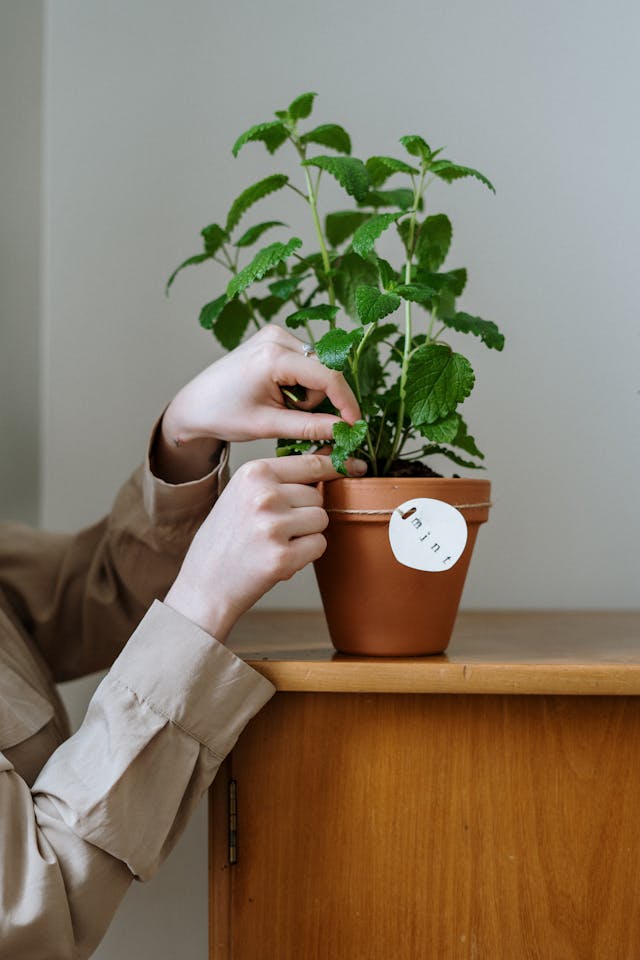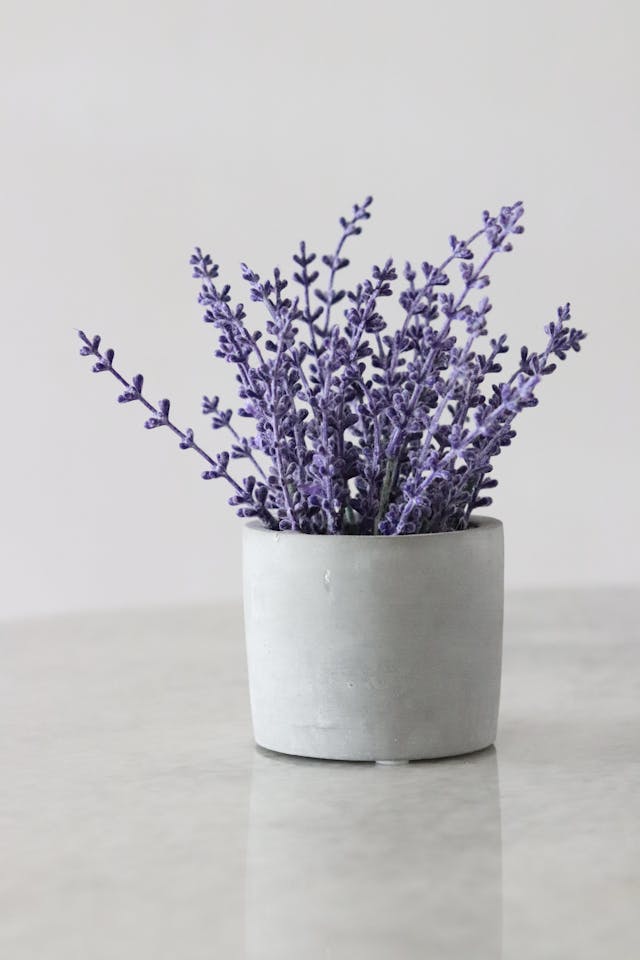We all love spending time outdoors, but dealing with unwanted visitors like wasps can dampen the fun. Luckily, nature has provided us with some natural solutions: plants that repel wasps!
In this guide, we’ll look at some plants that beautify your garden and keep those pesky buzzing pests away. Let’s dive in!
Trouble Wasps Cause
Wasps can cause major headaches. Their stings pack a punch and can even be life-threatening for anyone allergic. Unlike bees, wasps can sting repeatedly without losing their stinger, making them quite aggressive when disturbed.
These pests can crash your outdoor events, drawn to sweet foods and drinks like bees to honey. Be it a picnic or a barbecue, the moment wasps show up, the fun can turn into chaos as everyone tries to avoid getting stung. Plus, having wasp nests close to human living areas increases the risk of stings, as disturbed colonies tend to defend their territory fiercely.
Certain species of wasps can also significantly damage crops and local ecosystems. They often prey on caterpillars and other pests, disrupting the local ecosystem and causing crop damage.
Invasive species like the European paper wasp can worsen the situation by displacing native species and causing structural damage to their nests. Whether they nest in buildings or fences, addressing wasp infestations can be a costly and complex problem.
Plants That Repel Wasps
From aromatic herbs to flowering shrubs, these plants offer an eco-friendly and effective solution for keeping wasps at bay.
Mint
Mint isn’t just a tasty addition to drinks and dishes; it’s also a natural wasp-repellent! Mint’s strong scent can deter wasps, making it perfect for planting around outdoor areas where you don’t want these pests buzzing around.
To maximize mint’s repellent properties, plant it in pots or containers around your outdoor spaces. You can also crush fresh mint leaves and scatter them in areas where wasps tend to gather, like near windows or doors. Try hanging sachets filled with dried mint leaves around your patio or deck for a longer-lasting solution.
Citronella
This perennial grass emits a refreshing citrus scent that masks enticing odors like sweet foods and drinks that usually attract wasps.
Plant citronella in pots or directly in the ground around outdoor seating areas, patios, and decks for a simple way to repel wasps. Citronella thrives in warm climates and well-drained soil, making it an excellent addition to gardens where wasp activity is common.
Wormwood
Wormwood is a perennial herb known for its bitter taste and aromatic properties. While commonly associated with its use in herbal medicine and the production of absinthe, wormwood also has natural repellent qualities that can deter wasps from building or lingering around your home.
For a natural wasp repellent, try planting wormwood in pots or directly in the ground around outdoor living areas, patios, and gardens. Wormwood loves well-drained soil and thrives in full sun, making it an excellent fit for outdoor spaces. To keep these pests away, You can crush dried wormwood leaves and scatter them near entryways or outdoor dining areas.
Lavender
Lavender isn’t just beloved for its soothing aroma and beauty— it’s also a natural way to keep wasps at bay. Wasps steer clear of the strong scent of lavender; plus, its essential oils have the added benefit of deterring other bugs, too!
This plant flourishes in well-drained soil and loves basking in sunlight, making it a perfect addition to sunny spots around your home. Alternatively, like other plants, you can hang sachets filled with dried lavender flowers or bundles in areas where wasps tend to congregate.
Do Plants That Repel Wasps Really Work?
While these plants can theoretically deter wasps, they won’t send them packing for good. Wasps are highly adaptable creatures, and their need to forage may overpower the temporary discomfort of wasp-repelling plants.

Here’s what you should consider:
- Environmental Conditions: Weather conditions, temperature, and humidity levels can affect the efficacy of plant-based repellents. Extreme heat or heavy rainfall, for example, may diminish the potency of these plants and reduce their effectiveness.
- Nesting Behavior: Even if suitable nesting sites are available, wasps might still opt to build nests in areas close to repellent plants. Factors like proximity to food sources, shelter, and nesting materials can influence their nesting behavior, potentially outweighing the repellent effects.
- Individual Variation: As with any pest control method, the efficacy of plant-based repellents can vary depending on factors such as the extent of the infestation, the appeal of the surrounding environment to pests, and your consistency in implementing preventive measures.
Considering these factors, it’s a good idea to pair repellent plants with other integrated pest management strategies to better control wasp activity. These might include keeping things clean, sealing off potential entry points, and using traps or professional pest control services when necessary.
Wasp Elimination in Oregon & Washington
Our pest control company provides the most effective solution for eradicating and preventing wasp infestations. While DIY methods and natural repellent plants may offer temporary relief, our professional services provide long-term control!
With our skilled team and personalized treatment plans, we directly target wasp nests, eliminating existing colonies and preventing future infestations.
Rely on us to deliver dependable solutions tailored to your needs. Contact us today to eliminate wasp infestations in Oregon & Washington State!



